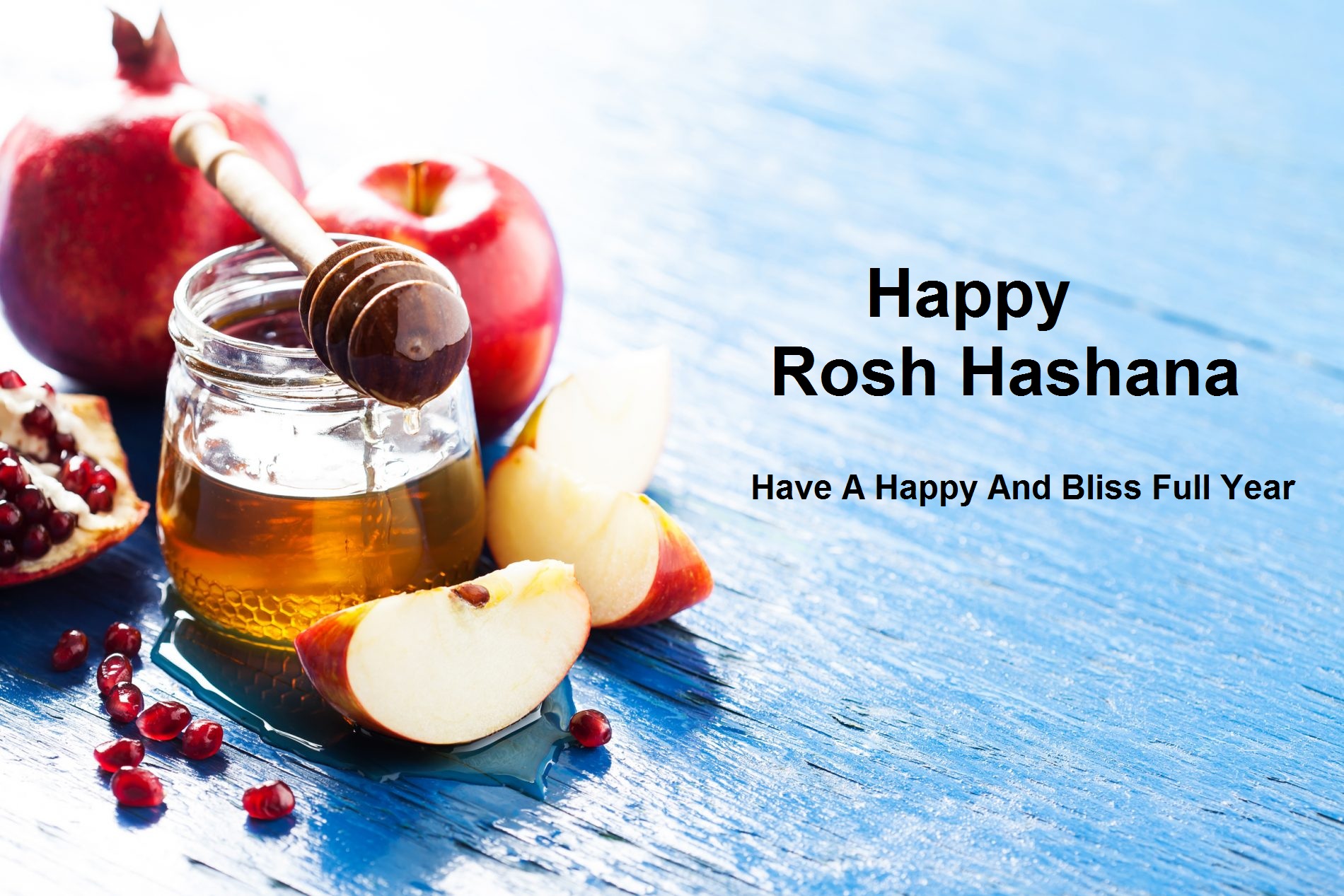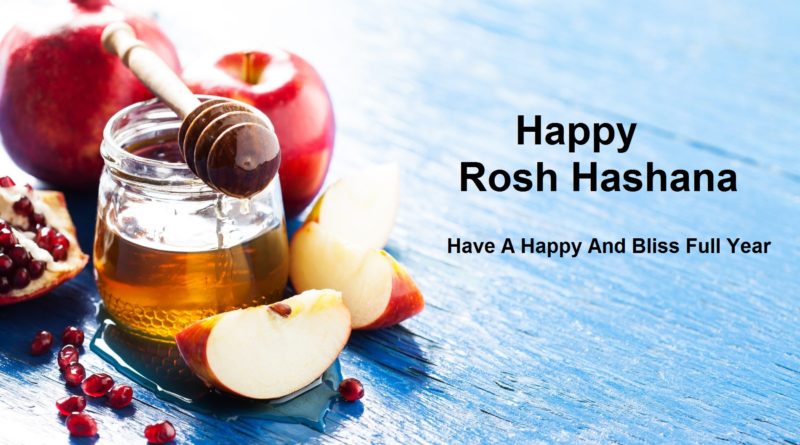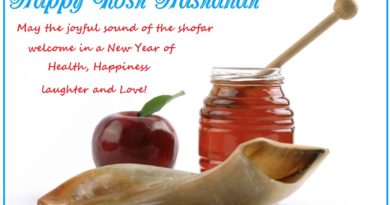Rosh Hashanah In The Bible
Rosh Hashanah
Rosh Hashanah is a popular name for the Jewish New Year. Rosh Hashanah starts on 29 September and continues on the night of 1 October. The Jewish New Year, Rosh Hashanah, actually means “Head of the Year.” Just as the head controls the body, our actions on Rosh Hashana have a tremendous impact on the rest of the year.
The festival begins on the first day of Tishrei, according to the Hebrew calendar it is the seventh month, which falls during September or October. Rosh Hashanah Wishes and Yom Kippur are the two “High Holy Days” in Judaism.
The origins of Rosh Hashanah can be traced back to a royal entrance ceremony from biblical times, although the “New Year” or “Day of Judgment” aspects of the holiday are never mentioned in the Bible. Even though Rosh Hashana falls in the seventh month, the Rabbinic tradition later decided to name it at the beginning of the year.
While the origins of this tradition may have been adopted by the Babylonian people, the Rabbi applied it with Jewish significance, the day the world was created, or the day humanity was created. Another explanation can be found in the importance of Tishrei as the seventh month, hence the Sabbath of the year.
Rosh Hashanah Wishes
Rosh Hashanah has a different name also – The most common name of this holiday is Rosh Hashanah, which is known as Talmud. Torah refers to this day as Yom Teruha. In our prayers, we often call it Yom Hajikaron (Day of Remembrance) and Yom Haddin (Doomsday). Together with Yom Kippur (which arrives 10 days later), it is part of the Yamim Nora’im (time of amazement, or: high holiday).
The central observation of Rosh Hashanah is the voice of the Shofar, the horn of Rama, on both days of the holiday. The first 30 blasts of the Shofar are blown up after reading the Torah during morning services, and more than 70 are blown up during (and immediately after) the Musaf service, which is 100 blasts during the morning services of Rosh Hashanah. See More World Heart Day





Happy Rosh Hashanah
During this holiday, there are many different foods that are eaten. These foods not only have historical significance but also have symbolic significance. For example, apples are often dipped in honey to greet the sweet New Year. Other foods associated with this holiday include: Pomegranate is a symbol of fruit. Challah signifies the cycle of bread-year.
Bread (traditionally cooked in round challah rotis, and often sprinkled with raisins) is dipped in honey instead of salt, which expresses our desire for a sweet year. We do this in Rosh Hashanah, Shabbat Shuwah (Shabat before Yom Kippur), Yom Kippur in food, and Sukkot.
Rosh Hashanah Quotes
Taking the sweet theme forward, it is traditional to begin the meal with slices of apple dipped in honey on the first night. Before eating the apple, we bless Haigit and then say, “It will be your wish for us to renew a good and sweet year.”
Rosh Hashana is not only a deeply religious day that should be celebrated with respect and humility, but it is a joyous occasion that can not only make practitioners feel closer to God but also bring them together with their friends and family in their love and May also allow happiness to be shared. You can get here wishes images and send them to your near and dear ones.

